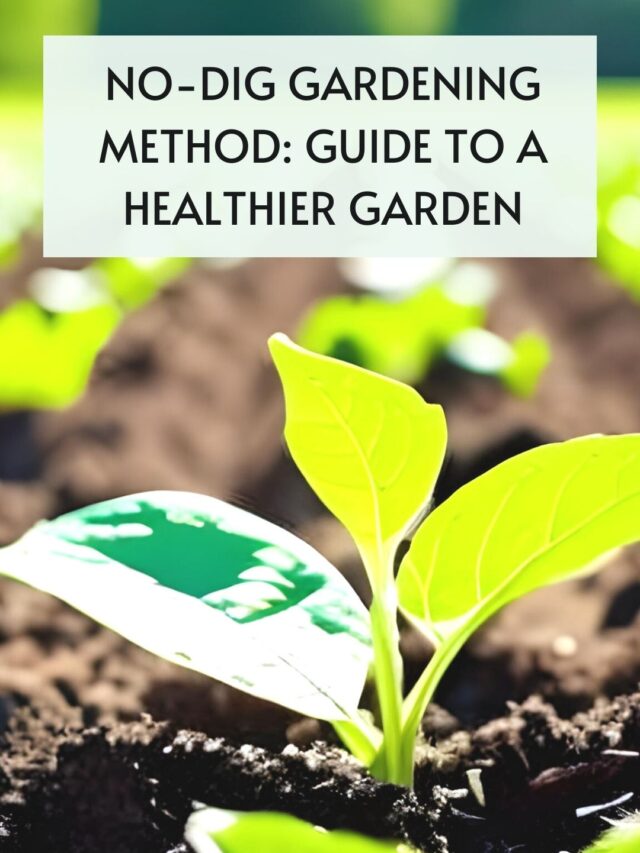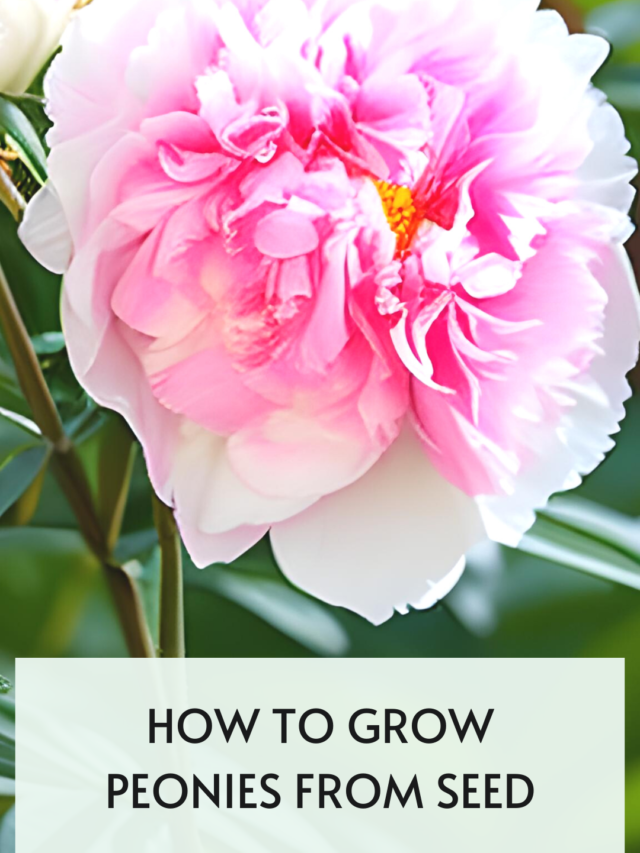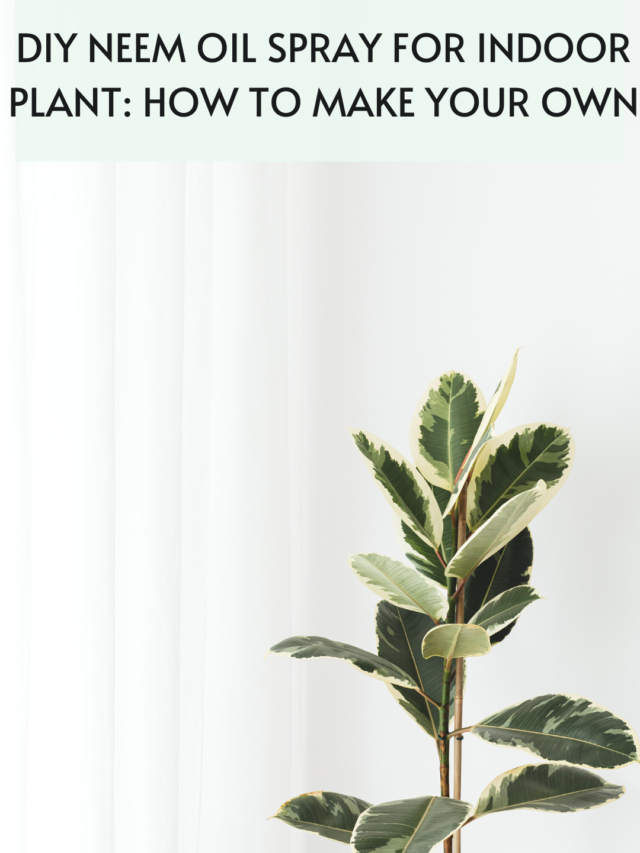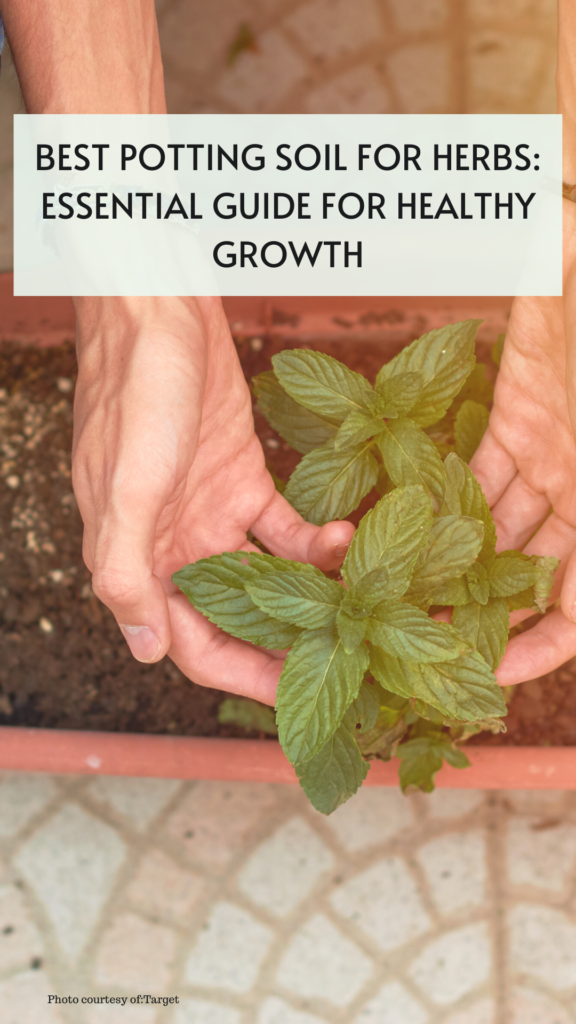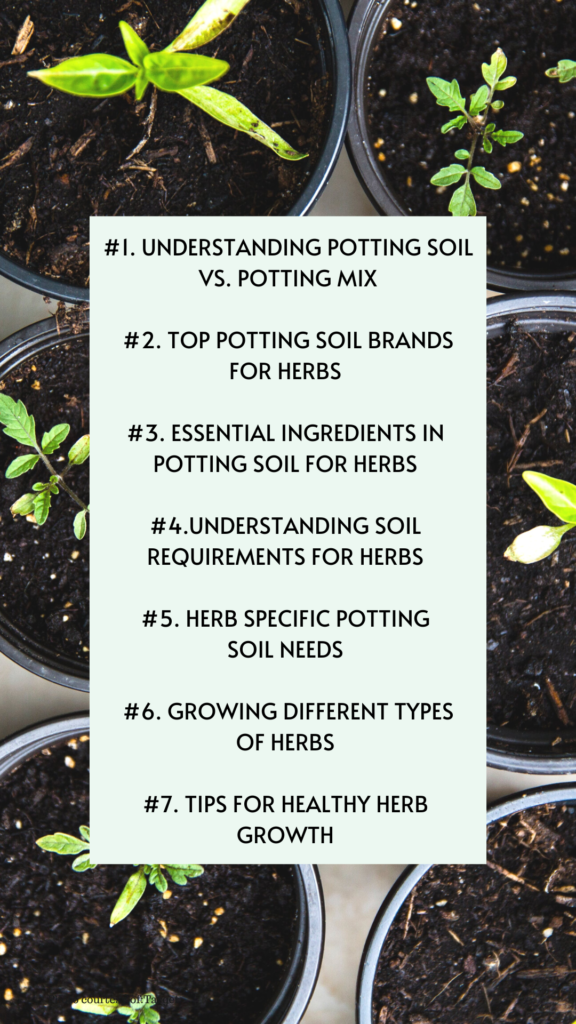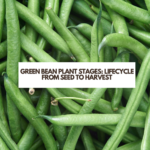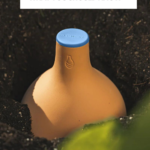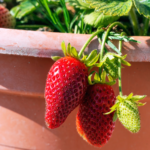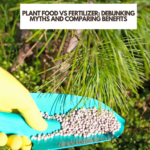Are you looking for the best potting soil for herbs? What about the best potting mix for container gardening?
Growing herbs at home can be a delightful endeavor for both experienced gardeners and beginners alike. The key to a thriving herb garden often lies in choosing the best soil, finding a spot with the right amount of sunlight, and a container with good drainage.
With countless options available on the market, finding the perfect blend for your herbs can be a daunting task. This article sheds light on the best potting soil for herbs, ensuring your plants flourish to their full potential.
When selecting potting soil, it’s important to consider the specific needs of herbs. These plants typically require well-drained soil that fosters strong root growth, while providing essential nutrients. Organic potting mixtures are often an excellent choice, as they contain natural ingredients and promote healthy microbial activity in the soil. Let’s delve into the top potting soil options for your herb garden that cater to these requirements.
FTC DISCLOSURE: Some of the links in this post are affiliate links. If you click on them and make a purchase, I will receive a small finder’s fee on the sale. This does not increase your price in any way shape or form. Using these links help support the continuation of this website. All opinions are my own. Thank you in advance.
In the following paragraphs, we will discuss various potting soil options, their features, and benefits for your herbs. Factors such as pH balance, moisture retention, and nutrient content will be explored to help you make an informed decision for your herb garden’s needs. Armed with this knowledge, you’ll be well on your way to growing a vibrant, aromatic array of herbs at home.
Potting Soil vs Potting Mix
Potting soil and potting mix are both essential in the growth and development of herbs. However, they have differing characteristics that make them suitable for specific purposes.
Potting soil is a general term used to describe the medium in which plants grow. It can be made from a variety of components, such as compost, peat moss, and other organic materials. This type of soil provides vital nutrients for plant growth, helps retain moisture, and allows for proper aeration. Potting soil is best suited for container gardening or for amending garden beds, as it is a rich and nutrient-dense medium.
Potting mix, on the other hand, is a soil-less growing medium, usually consisting of peat moss, perlite, and vermiculite. This type of medium is lightweight, which allows for easy transportation and better aeration for plant roots. Potting mix is specially designed for container gardening, as it is tailored to provide the necessary drainage, moisture retention, and air circulation that herbs require in a confined space.
The choice between potting soil and potting mix depends on the specific needs of the herbs being grown. Here are some factors to consider:
- Drainage: Potting mix generally offers better drainage, which is crucial for preventing root rot in many herbs.
- Nutrient content: Potting soil often contains more nutrients, while potting mixes may require additional fertilization.
- Weight: Potting soil is denser, and may not be suitable for hanging baskets or containers with weight restrictions.
It is essential to choose good soil for growing herbs to ensure optimal growth, health, and productivity. Taking into account factors such as drainage, nutrient content, and weight will help in making an informed decision on the kind of soil you should get, whether potting soil or potting mix.
Top Potting Soil Brands for Herbs
Organic Mechanic Soil
Organic Mechanic Soil is a soil brand made with very high quality organic ingredients. It can be found sold at Whole Foods markets in the Northeast because so many customers refer to it the best organic potting soil. It is especially made without peat and made with organic fertilizers because it is an organic compost based blend.
It is a great choice if you are looking to preserve soil moisture throughout the growing season. It is made with compost, pine bark, coir, worm castings, and rice hulls.
Black Gold
Black Gold offers a high-quality potting mix specifically designed for herbs. Their all-purpose mix is enriched with earthworm castings, perlite, and pumice, ensuring proper drainage and aeration for healthy root growth. The added organic fertilizer provides essential nutrients that promote lush foliage and vibrant blooms on your herbs. This potting soil is also OMRI-listed, which means it’s a trusted choice for organic gardening.
Espoma
Espoma’s Organic Potting Mix is a versatile choice for those who prefer a natural approach to their herb gardening. Infused with beneficial mycorrhizae, it promotes plant growth and drought-resistant roots. The all-natural formula contains peat moss, peat humus, perlite, limestone, and an organic wetting agent. As a bonus, the mix is enhanced with Espoma’s trademarked Bio-tone formula, bolstering healthy root development and nutrient absorption. This is another brand that can give you the best results with used correctly on your garden plants. This can be found at many of your local and popular garden centers.
Burpee
Burpee’s Organic Potting Mix is tailored for both herb and vegetable seedlings. The blend of coconut coir, peat moss, and composted bark ensures proper drainage and optimal water retention. Enhanced with Burpee’s organic granular fertilizer, this mix releases nutrients over time, providing a continuous food source for your herbs while also promoting strong root development.
FoxFarm
FoxFarm’s Ocean Forest Potting Soil brings a unique twist to the potting soil market. Their blend combines earthworm castings, bat guano, fish emulsion, and crab meal, offering a nutrient-rich environment for your herbs. The soil also contains a mix of sandy loam, forest humus, and aged bark, enabling excellent drainage and aeration. This mix is pH-adjusted, which makes it suitable for a wide variety of herbs and allows for easy nutrient uptake.
Essential Ingredients in Potting Soil for Herbs
Organic Matter
In formulating the ideal potting soil for herbs, quality organic matter is crucial. Two common choices for organic matter are peat and coconut coir. Peat is a widely used, slightly acidic soil conditioner offering water retention and aeration properties. However, coconut coir is gaining popularity due to its eco-friendly nature and comparable effects to peat. Both materials help improve the soil structure and play an important role in plant growth.
Drainage Materials
Proper drainage is essential for healthy herb growth, helping to prevent root rot and other issues caused by excess moisture. One common additive for enhancing drainage is perlite, which is lightweight, porous, and ideal for maintaining optimal water levels in the soil. In addition to perlite, sand and small bark chips can also be suitable for promoting proper drainage.
Nutrient Sources
Herbs require a balanced supply of essential nutrients for optimum growth. Compost plays a vital role as a nutrient source, providing numerous essential elements and microorganisms required for plant growth. In addition to compost, other nutrient sources include:
- Fertilizers: Organic or synthetic sources of nutrients can be incorporated to provide essential elements, such as nitrogen, phosphorus, and potassium. Pay attention to specific herb needs when choosing a suitable type or blend for fertilizing.
- Micronutrients: Apart from primary nutrients, herbs benefit from micronutrients such as iron, manganese, and zinc. Including micronutrient-rich ingredients, like green manure, ensures a well-rounded nutrient supply.
Remember to research the specific needs of your chosen herbs to create a potting soil mix that meets their unique requirements for optimum growth. By combining quality organic matter, effective drainage materials, and balanced nutrient sources, you can develop a potting soil that will support and nourish your herbs.
Understanding Soil Requirements for Herbs
Herbs have specific requirements when it comes to soil. To maintain healthy, vigorous growth, pay attention to these critical factors: water retention, aeration, and pH level.
Water Retention
Herbs require adequate moisture without becoming overly saturated. In terms of soil composition, this means a balance between water retention and drainage. Good potting soil can retain moisture, allowing plant roots to access the necessary water to support growth, while at the same time permitting excess water to drain away. This prevents overwatering and root rot.
Two key ingredients in a well-draining potting mix are:
- Peat moss: It absorbs water like a sponge and has a high water-holding capacity.
- Coarse sand or perlite: These components increase the drainage capacity of the mix.
Aeration
Soil aeration is essential for healthy roots and overall plant growth. The soil needs to have pores that allow air to penetrate it, supplying oxygen to the roots. Many herbs prefer a well-aerated soil, as compacted soil can prevent roots from growing and absorbing nutrients.
To achieve better soil aeration, consider adding:
- Perlite: This volcanic rock is lightweight and ideal for increasing aeration.
- Vermiculite: Similar to perlite, this mineral expands when heated and enhances aeration.
pH Level
The pH level is a measure of acidity or alkalinity of the soil. Herbs generally prefer a slightly acidic to neutral pH level of 6.0 to 7.0. This pH range is optimal for nutrient uptake and growth. However, some herbs may have specific pH requirements, so it is crucial to adjust the pH based on the needs of the specific plants being grown.
To adjust pH levels, you can use:
- For increasing pH (i.e., reducing acidity): Garden lime (calcium carbonate)
- For decreasing pH (i.e., increasing acidity): Sulfur-based products
Keep in mind to monitor and maintain soil pH levels to ensure herbs receive the proper nutrients and grow optimally.
Herb-Specific Potting Soil Needs
Mediterranean Herbs
Mediterranean herbs like rosemary, basil, thyme, and sage thrive in well-draining soil that mimics the rocky, sandy conditions of their native regions. A quality potting soil mixture for these herbs could include:
- 50% high-quality potting soil
- 25% perlite or pumice
- 25% coarse sand
Adding pebbles or small rocks at the bottom of the pot can further improve drainage.
Leafy Herbs
Leafy herbs such as parsley, cilantro, and mint require a nutrient-rich potting soil due to their high growth rate. A suitable mixture for these plants may contain:
- 60% high-quality potting soil
- 20% compost or aged manure
- 20% perlite or vermiculite
To provide continuous nutrients for growth, add a slow-release organic fertilizer according to the manufacturer’s instructions.
Aromatic Herbs
Aromatic herbs like coriander, basil, and mint benefit from a potting soil that promotes healthy root development while retaining moisture. An effective potting mix for these herbs could consist of:
- 60% high-quality potting soil
- 20% compost or peat moss
- 20% perlite, vermiculite, or coconut coir
Given their preference for moisture, aromatic herbs should be watered regularly, but not overwatered, to maintain a consistent level of moisture in the soil.
Growing Different Types of Herbs
Indoor Planting
Growing herbs indoors allows gardeners to enjoy fresh flavors all year round, regardless of the weather outside. Many herbs thrive indoors, such as basil, chives, mint, and parsley. When selecting the right location, consider placing your indoor herb garden near a sunny windowsill that receives at least six hours of natural light daily.
Pay careful attention to your herbs’ water requirements, as it is crucial not to over or underwater these delicate plants. Most herbs prefer well-drained, moist soil that is rich in organic matter. Potting soil containing perlite or vermiculite works best for indoor herb gardening.
You Might Also Like To Read:
How To Grow Herbs On A Balcony
Outdoor Gardening
Outdoor gardens offer an excellent environment for growing robust, healthy herbs. To create a successful outdoor herb garden, start by selecting a suitable location. Ensure that the site has access to sunlight, proper drainage, and fertile soil. Herbs such as basil, rosemary, thyme, and sage grow well in outdoor gardens.
When preparing the garden bed, till the soil and incorporate organic matter, like compost, to increase soil fertility. It’s essential to space your plants appropriately, as overcrowding can lead to issues with pests and diseases. Keep in mind that different herbs have varying needs, so be sure to research each herb’s specific requirements before planting.
Container Gardening
Container gardening provides a flexible and space-saving option for growing herbs, especially for those who lack room for an outdoor garden. This method is perfect for cultivating herbs like cilantro, dill, parsley, and mint.
To begin container gardening, choose pots with drainage holes to prevent excess water buildup, which can cause root rot. Additionally, select a potting mix designed for container plants, as it ensures proper aeration and drainage. Frequently monitor your container herbs for moisture, and be sure to water them as needed.
When positioning your containers, place them in a location that receives six to eight hours of sunlight per day. Remember to regularly fertilize your container plants using a water-soluble or slow-release fertilizer, as nutrients tend to be depleted more quickly in pots than in traditional garden beds.
You Might Also Like Reading:
How To Choose The Right Container For Container Gardening
Tips for Healthy Herb Growth
Proper Fertilization
To promote healthy growth of herbs, it’s essential to provide them with appropriate fertilization. A well-balanced and nutrient-rich soil will help ensure successful growth. One option is to use organic potting soil that typically contains a mix of essential nutrients such as nitrogen, potassium, and carbon, which are vital for plant growth.
A slow-release fertilizer can be added to the soil for a steady supply of nutrients over time. Sources of slow-release fertilizers include plant food, manure, and feather meal. These fertilizers can provide plants with the necessary nutrients without causing harm to the environment. When choosing a fertilizer, look for a product that offers an even balance of nitrogen, potassium, and carbon to support healthy herb growth.
Soil Amendments
Amending the soil is an important step to ensure optimal growth and health of your herbs. Organic soil amendments like manure and limestone can improve the quality and nutrient content of the soil.
- Limestone: This amendment helps to balance soil pH, ensuring that your herbs can absorb the necessary nutrients. Additionally, limestone provides a natural source of calcium, which can promote strong cell wall development in your plants.
- Wetting Agents: Wetting agents can be added to the soil to improve water absorption and retention, promoting healthy root growth and ensuring that your herbs receive adequate moisture.
- Manure: Adding well-aged manure to your soil can introduce beneficial microorganisms and improve the overall fertility of the soil. Manure also adds organic matter and essential nutrients, such as nitrogen and potassium, to the soil.
In conclusion, providing the right blend of nutrients, using slow-release fertilizer, and amending the soil with appropriate organic products will greatly contribute to the growth and health of your herbs.


